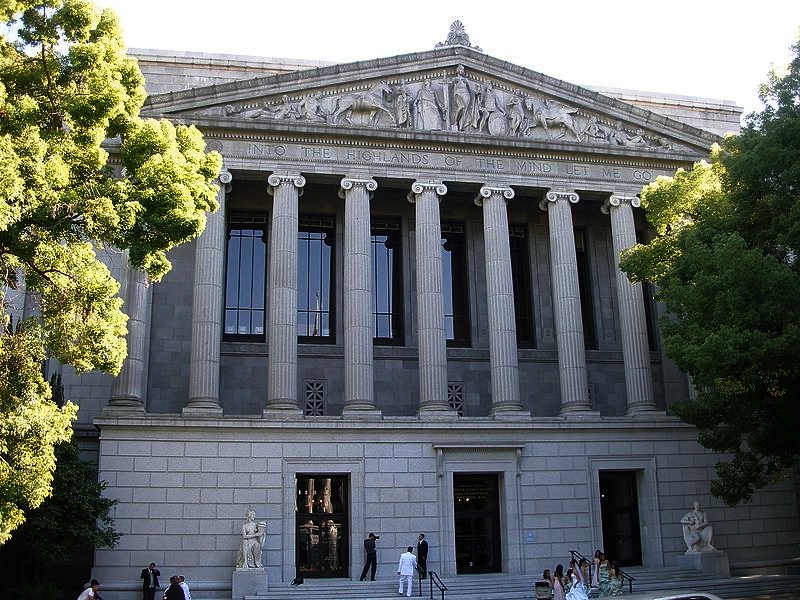
SOCIAL JUSTICE BLOG
Read and share extraordinary stories from the frontlines of social change

Class Action Hero, Sylvester McClain, Stands Up To Racial Discrimination
When I returned to civilian life in 1969, I found Lufkin, Texas, to be much the same. The “White Only” signs might have been gone, but segregation was not.Lufkin Industries was the best paying employer around. It was understood the job assignments were segregated - blacks got mostly unskilled labor assignments under the worst conditions – but it was our best opportunity to support our families. The contrast with the integration efforts in the Marines was difficult to accept. It was rough. After a few months, I was temporarily blinded in a welding accident. My boss didn’t offer any medical attention or even a ride...
Just Doing Their Job? The Structural Roots of Police Abuse
I recall my first contact with police as a middle schooler. Two of my friends and I, all Black youths, were walking in our neighborhood. San Francisco’s Richmond district was diverse but mostly White then. It was a dark early evening. As the three of us were walking, a police car pulled up. The officers ordered us to empty our pockets. They searched us without asking for permission or explaining why they had stopped us. Finding nothing illegal, they departed without explanation or apology. We knew they had stopped us because we were Black. To them Black kids in a “White neighborhood” was synonymous with suspicious. They didn’t beat us or kill us. So the physical toll was light, but the psychological effects were deep. Afterward we had to question if the police would protect and serve us.
